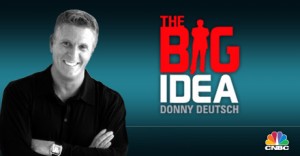We hear stories about the entrepreneur who turned their love for classic cars or cooking or tinkering with computers—their hobby—into a successful business. But that’s not the only way a hobby can make you rich.
The other way, the way most of us will do it, is to use our hobby or outside interest as something we do solely because we enjoy it. It’s fun. Interesting. A way to relax and get away from the pressures and demands of our work and responsibilities.
You work harder or smarter when you give your body and brain that break.
You like watching videos about your favorite sport or app or indulging in another so-called guilty pressure. When you’re stuck in traffic or a boring meeting, you want to take a mental vacation for a few minutes and think about something you’re looking forward to doing later.
Do it. Without guilt. For no other reason than you enjoy it.
If you don’t, if you continually deny yourself because you have more work to do, more responsibilities to take care of, you might eventually come to resent your work. A brief respite can help you recharge and take the next lap.
But don’t go in the other direction. You still have work to do.
Give yourself a few minutes at lunch or after work to read a chapter in your current novel or the sports page. Play a word game or shoot some bad guys after you’ve finished your research or made one more call.
Your hobbies may not literally make you rich, but if they make you happy, your life will be infinitely richer.









